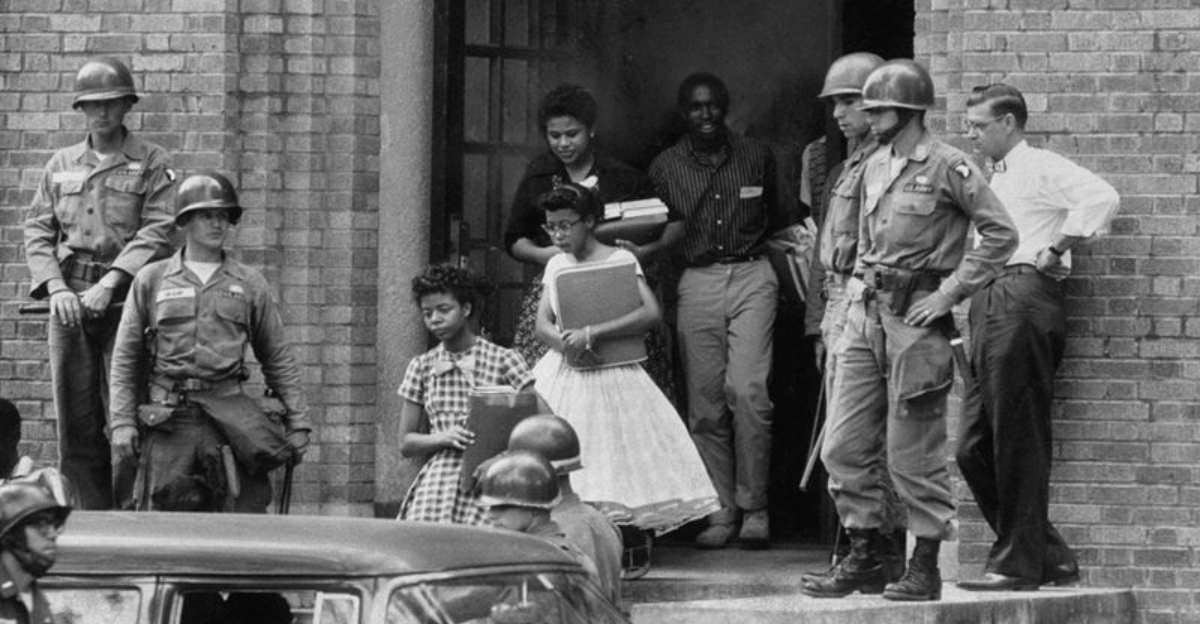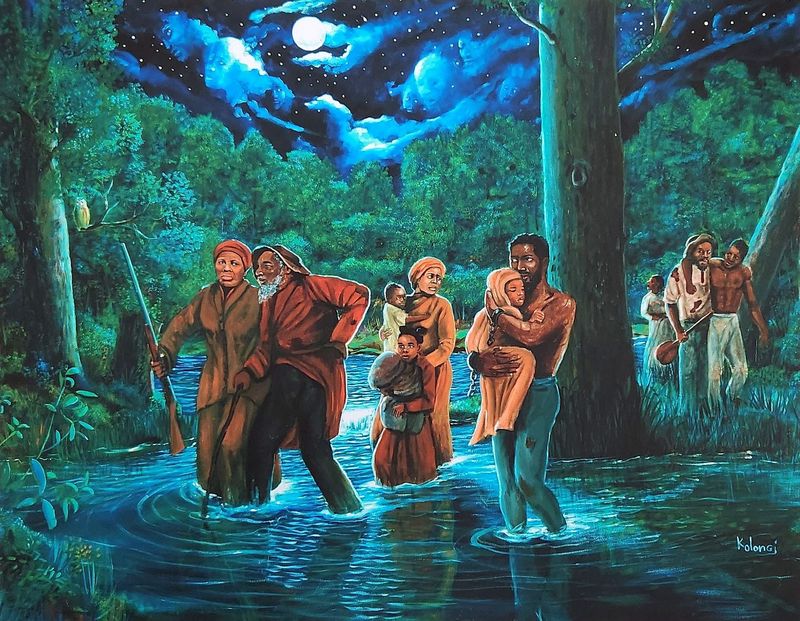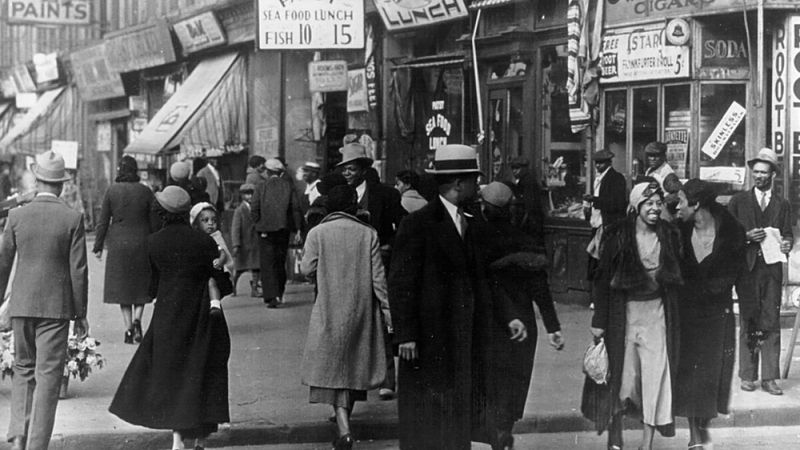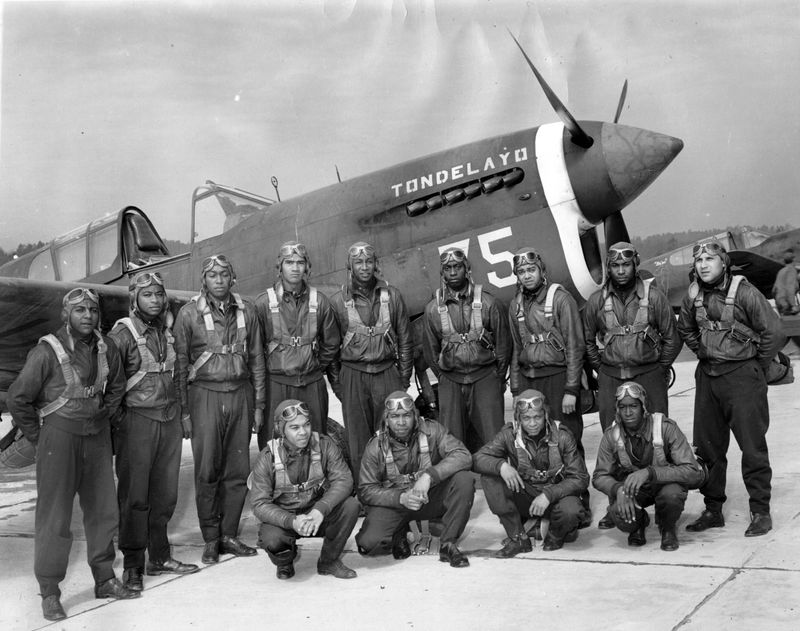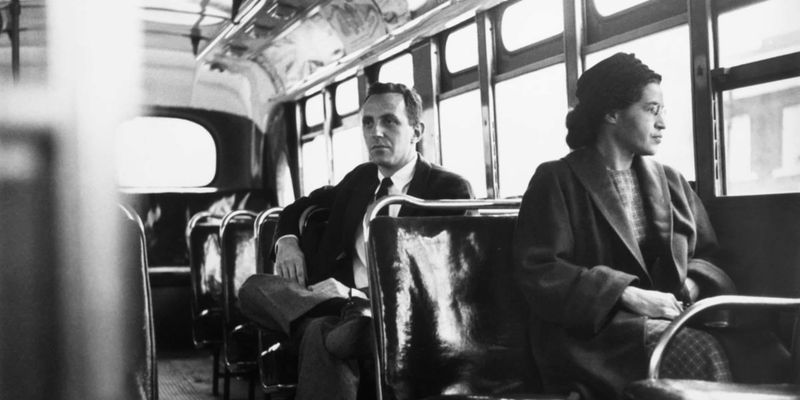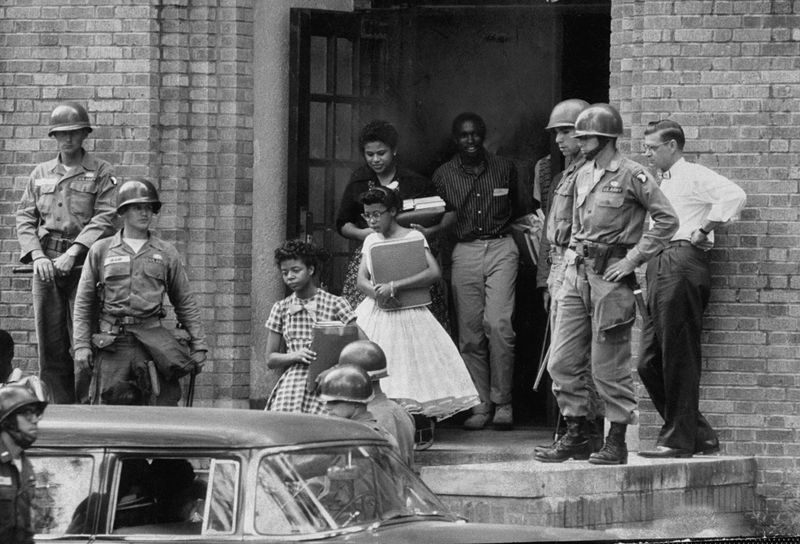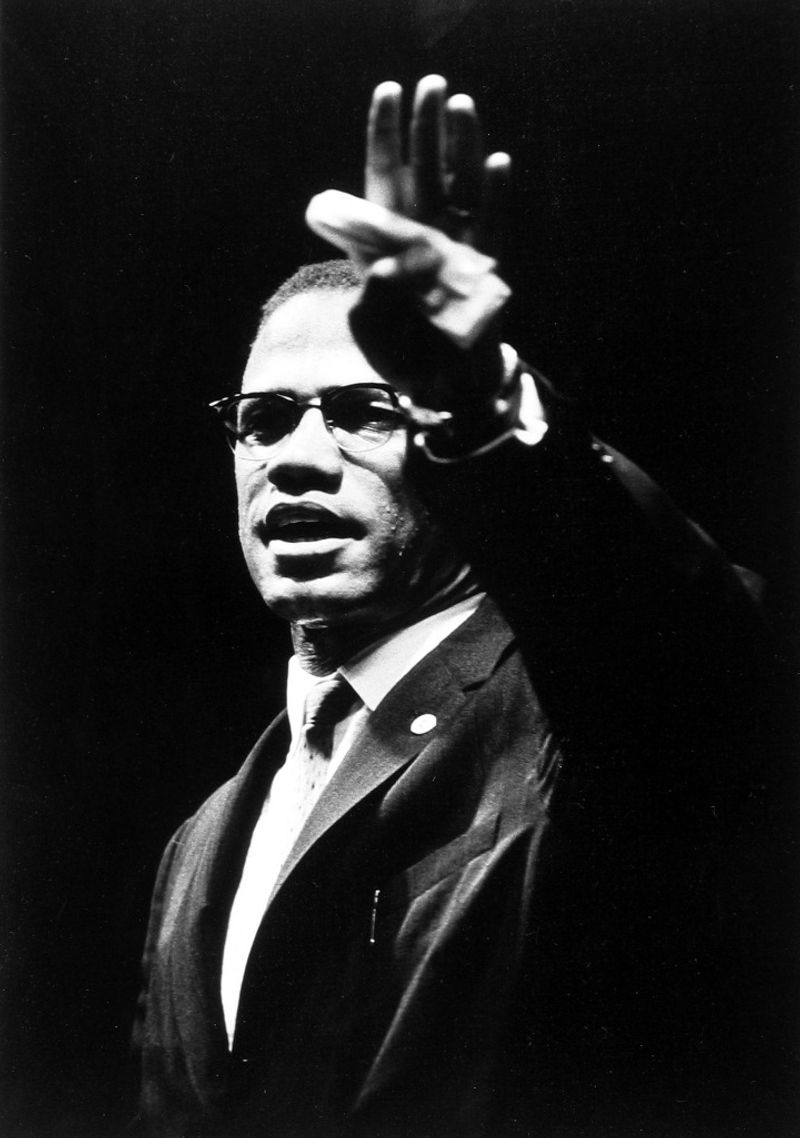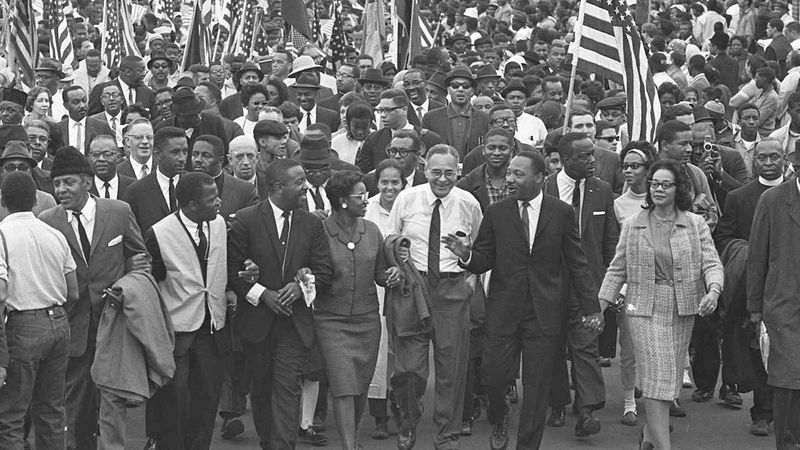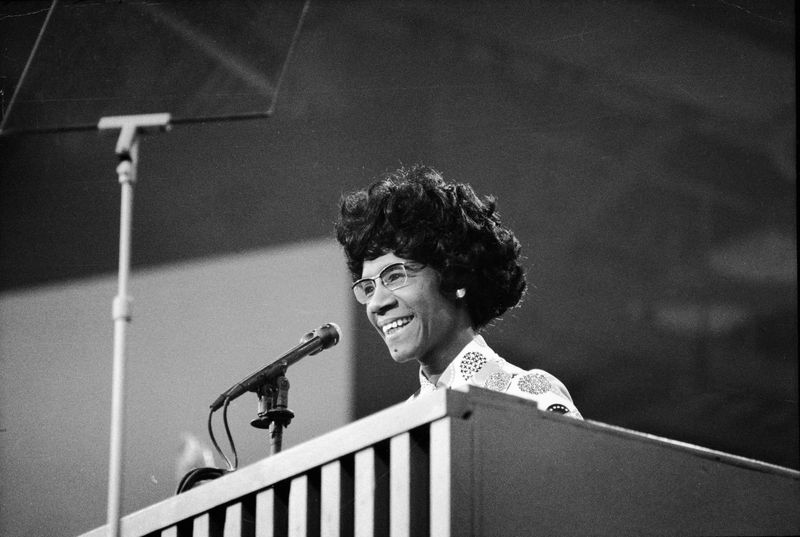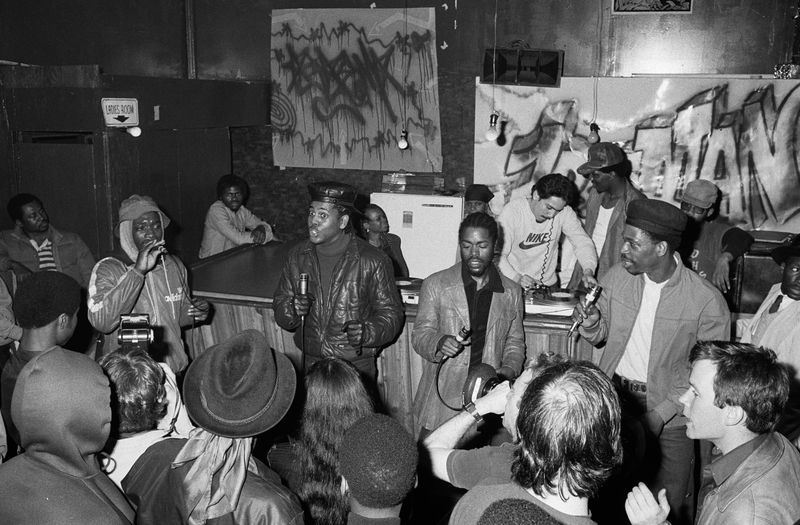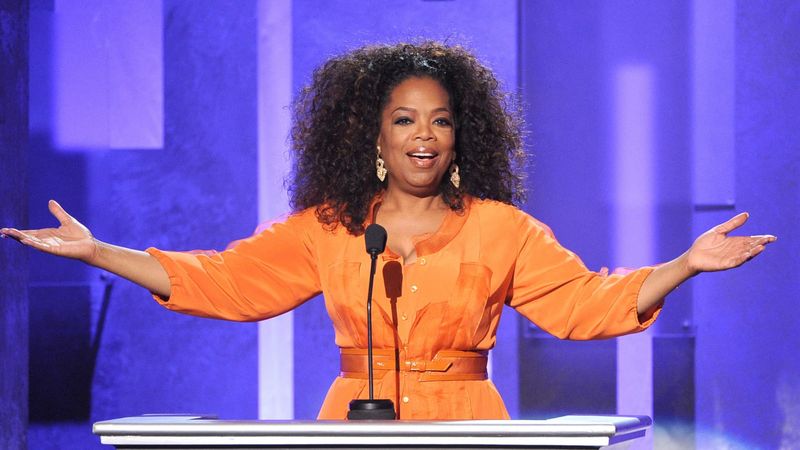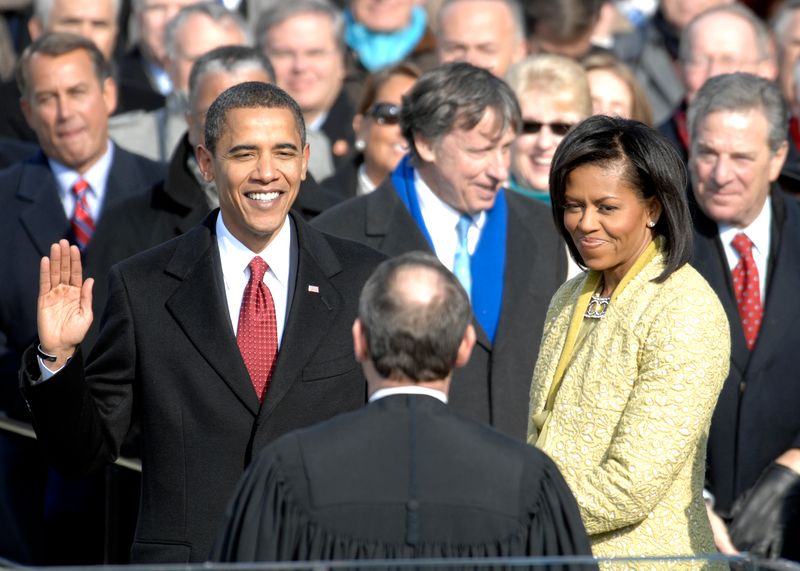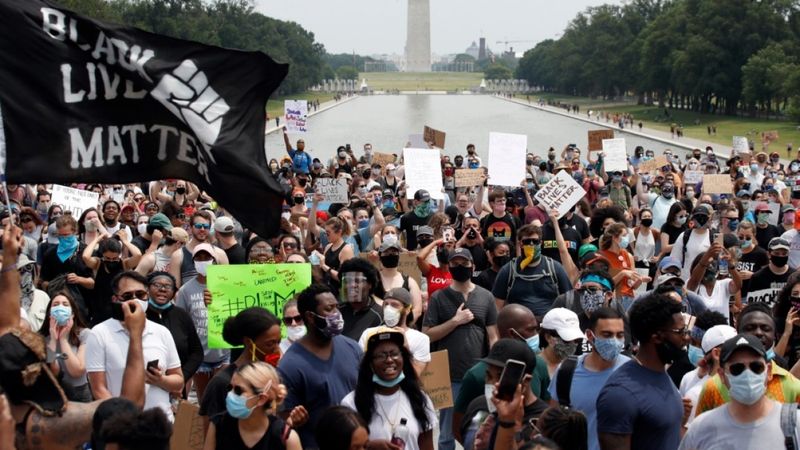History books often tell only part of America’s story, but some journeys cannot be erased. African-American experiences have shaped our nation in ways both painful and triumphant. From daring escapes to groundbreaking firsts, these twelve journeys represent courage that changed America forever. Each story shows how determination can break barriers and create new paths for generations to follow.
1. Harriet Tubman’s Underground Railroad (1849–1860s)
They called her “Moses” for leading her people to freedom. After escaping slavery herself, Harriet Tubman returned to the South nineteen times, risking capture, torture, or death with each journey. Armed with courage and a pistol, she navigated by stars and whispered signals, never losing a single passenger on her freedom train. Her missions freed over 300 people from bondage. During the Civil War, Tubman became a Union spy and made history leading the Combahee Ferry Raid that freed 700 enslaved people. Her legacy lives on as America’s most famous conductor on the railroad to liberty.
2. The Great Migration (1916–1970)
Six million souls voting with their feet. Black Americans packed their belongings and headed north, fleeing lynch mobs and Jim Crow laws for the promise of factory jobs and a taste of freedom. Families crowded onto trains bound for Chicago, Detroit, New York, and Philadelphia. Southern towns emptied while northern cities swelled with new energy, new music, and new ideas. This massive population shift transformed America forever. The Great Migration gave birth to the Harlem Renaissance, Chicago blues, and created vibrant communities that would become centers of Black political power, artistic expression, and cultural innovation for generations.
3. The Tuskegee Airmen (1941–1949)
Red tails in the sky meant freedom fighters were nearby. The Tuskegee Airmen broke barriers in the air while fighting two wars: one against fascism abroad and another against racism at home. These Black pilots flew over 1,500 combat missions during World War II, destroying enemy aircraft and escorting bombers with extraordinary skill. Many returned to segregated America wearing uniforms decorated with medals, only to be denied service at restaurants. Their exemplary service proved Black pilots could excel in combat, directly challenging racist military policies. Their success played a crucial role in President Truman’s decision to desegregate the armed forces in 1948.
4. Rosa Parks & the Montgomery Bus Boycott (1955–1956)
One woman’s quiet “no” thundered across America. When Rosa Parks refused to give up her seat on December 1, 1955, she wasn’t simply tired – she was tired of injustice. Her arrest triggered a 381-day boycott that brought Montgomery’s bus system to its knees. Black residents walked miles to work or organized carpools, enduring threats and violence rather than ride segregated buses. A young preacher named Martin Luther King Jr. emerged as a powerful voice during this struggle. The boycott ended when the Supreme Court ruled bus segregation unconstitutional, marking one of the first major victories of the modern civil rights movement and helping spark the changes that led to the Civil Rights Act of 1964.
5. The Little Rock Nine (1957)
Nine teenagers faced hatred with homework in hand. When the Little Rock Nine arrived for their first day at Central High School, they found themselves surrounded by a violent mob and blocked by the Arkansas National Guard. President Eisenhower eventually sent federal troops to escort them to class. Inside, these brave students endured daily torment – being spat on, pushed down stairs, and threatened with acid. Ernest Green, Minnijean Brown, Elizabeth Eckford, Thelma Mothershed, Melba Pattillo, Gloria Ray, Terrence Roberts, Jefferson Thomas, and Carlotta Walls refused to abandon their right to equal education. Their perseverance tested whether Brown v. Board of Education would be enforced or ignored, ultimately helping to dismantle educational segregation across America.
6. Malcolm X’s Transformation (1946–1965)
From prison cell to world stage, Malcolm X’s journey embodied reinvention. Born Malcolm Little, he transformed himself from a hustler to a disciplined Nation of Islam minister whose fiery speeches awakened Black consciousness across America. His pilgrimage to Mecca in 1964 opened his eyes to a new vision of racial harmony. Returning as El-Hajj Malik El-Shabazz, he broke with the Nation of Islam to found his own organization promoting human rights for all. Malcolm’s assassination in 1965 cut short his evolution, but his message of self-determination and unflinching truth-telling continues to resonate globally. His autobiography remains a powerful testament to the possibility of personal redemption and intellectual growth.
7. The Selma-to-Montgomery March (1965)
Fifty-four miles for the right to vote. The first attempt to march from Selma to Montgomery ended in brutal violence when state troopers attacked peaceful protesters with clubs and tear gas on Edmund Pettus Bridge – a day forever known as “Bloody Sunday.” Undeterred, Dr. King led a symbolic second march two days later. Finally, protected by federalized National Guard troops, thousands completed the full journey to Alabama’s capital. Television cameras captured the brutality against unarmed marchers, shocking the nation’s conscience. This pivotal demonstration of courage under fire created unstoppable momentum for the Voting Rights Act of 1965, which President Johnson signed just five months later, removing barriers that had prevented Black citizens from voting.
8. Shirley Chisholm’s Presidential Run (1972)
“Unbought and unbossed” – her campaign slogan captured her spirit perfectly. Shirley Chisholm shattered glass ceilings as the first Black woman elected to Congress in 1968, but she wasn’t finished making history. When she announced her 1972 presidential campaign, many dismissed her candidacy. Facing discrimination based on both race and gender, she campaigned vigorously across the country, even after an assassination attempt. Though she didn’t win the Democratic nomination, Chisholm’s groundbreaking run challenged Americans to reconsider who could lead. Her courage opened doors for future candidates like Barack Obama and Kamala Harris, proving that presidential politics didn’t belong exclusively to white men.
9. The Rise of Hip-Hop (1973–Present)
Born in the Bronx, raised by necessity. Hip-hop emerged from block parties where DJ Kool Herc extended drum breaks for dancers, while MCs (Masters of Ceremonies) began rhyming over the beats to energize crowds. What started as neighborhood entertainment evolved into a cultural revolution. Artists like Grandmaster Flash, Run-DMC, and Public Enemy used this new art form to document urban life and challenge systemic inequality through powerful lyrics and innovative sounds. From underground phenomenon to global force, hip-hop has become America’s most consumed music genre. Beyond entertainment, it created economic opportunities, influenced fashion and language, and continues to serve as a platform for Black voices to speak truth about the American experience.
10. Oprah Winfrey’s Media Empire (1986–Present)
From rural poverty to ruling daytime television. Born to an unmarried teenage mother in Mississippi, Oprah Winfrey overcame childhood abuse and discrimination to become the queen of talk shows and America’s first Black female billionaire. Her revolutionary approach to television created intimate connections with viewers. She tackled taboo topics, championed books through her influential book club, and used her platform to discuss difficult social issues with compassion and authenticity. Beyond entertainment, Winfrey built schools in South Africa and funded scholarships for students. Her journey from wearing potato sack dresses as a child to building a media empire represents the transformative power of determination, education, and refusing to be defined by circumstances.
11. Barack Obama’s Presidency (2009–2017)
“Yes We Can” became more than a slogan. When Barack Obama took the oath of office in January 2009, millions watched in tearful amazement as a Black man became leader of a nation built partly on slave labor. His presidency faced enormous challenges: economic collapse, wars abroad, and fierce political opposition. Despite obstacles, his administration passed healthcare reform, rescued the auto industry, and expanded LGBTQ+ rights. Obama’s election represented both how far America had come and how divided it remained. His scholarly temperament, family values, and scandal-free tenure challenged negative stereotypes, while his presence in the White House inspired a generation of young people to believe in possibilities their ancestors could scarcely imagine.
12. Black Lives Matter Movement (2013–Present)
Three words became a rallying cry for justice. After Trayvon Martin’s killer walked free in 2013, activists Alicia Garza, Patrisse Cullors, and Opal Tometi created #BlackLivesMatter – a hashtag that evolved into a global movement. Following the deaths of Michael Brown, Eric Garner, Breonna Taylor, George Floyd and many others, millions took to streets worldwide demanding accountability for police violence against Black Americans. Smartphones documented incidents that might otherwise have been dismissed. The movement forced difficult conversations about systemic racism in law enforcement and beyond. Companies pledged billions toward racial equity initiatives, cities reconsidered policing policies, and a new generation of activists emerged determined to transform pain into progress through sustained organizing and advocacy.
